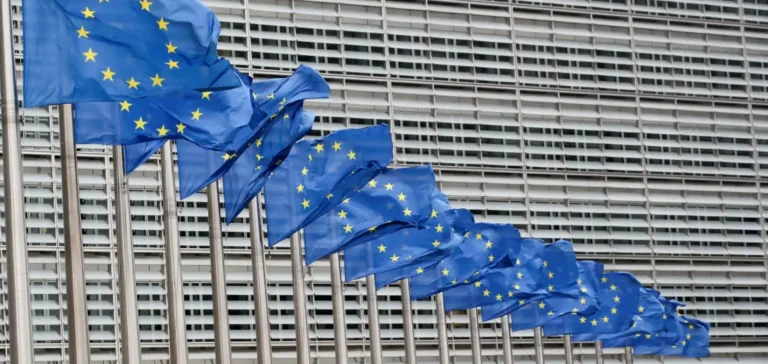The European Commission held a high-level dialogue on permitting for renewable energy projects in Brussels on June 11, under the leadership of Commissioner for Energy and Housing, Dan Jørgensen. The meeting aimed to examine persistent obstacles in authorisation procedures, which have been identified as major bottlenecks in implementing energy projects under the European Union’s legal targets.
The Union has set a binding objective of achieving at least 42.5% renewable energy in final energy consumption by 2030. Commissioner Jørgensen stated that “permitting procedures affect nearly all parts of the renewable energy project value chain” and noted that this dialogue was intended to “identify the remaining bottlenecks” and consider concrete measures to accelerate administrative processes.
An initiative linked to industrial competitiveness
This dialogue is part of a series of recent initiatives aimed at reinforcing the competitiveness of European industry. The Clean Industrial Deal, recently presented by the Commission, proposes actions to turn decarbonisation into a driver of economic growth. In parallel, the Competitiveness Compass adopted earlier this year sets a path for Europe to become a key hub for the production and marketing of clean technologies.
The Brussels meeting also served to assess the impact of new EU rules introduced since 2022, notably the Renewable Energy Directive (2023/2413) and the Emergency Regulation (EU/2024/223). These texts aim to shorten delays and reduce administrative complexity for projects linked to renewable energy and related infrastructure.
A regular consultation calendar
Participants included representatives from governments, non-governmental organisations, industry, and national administrations. According to the Commission, such exchanges will be held twice a year to improve the implementation of EU policies on the ground and simplify Union rules and funding programmes.
The dialogue took place during the European Sustainable Energy Week, a major annual event dedicated to renewable energy and energy efficiency. It was the first implementation dialogue chaired by Dan Jørgensen since assuming office.
The Commissioner concluded that such discussions are vital “to move forward in the clean energy transition while strengthening European competitiveness and energy security.”






















